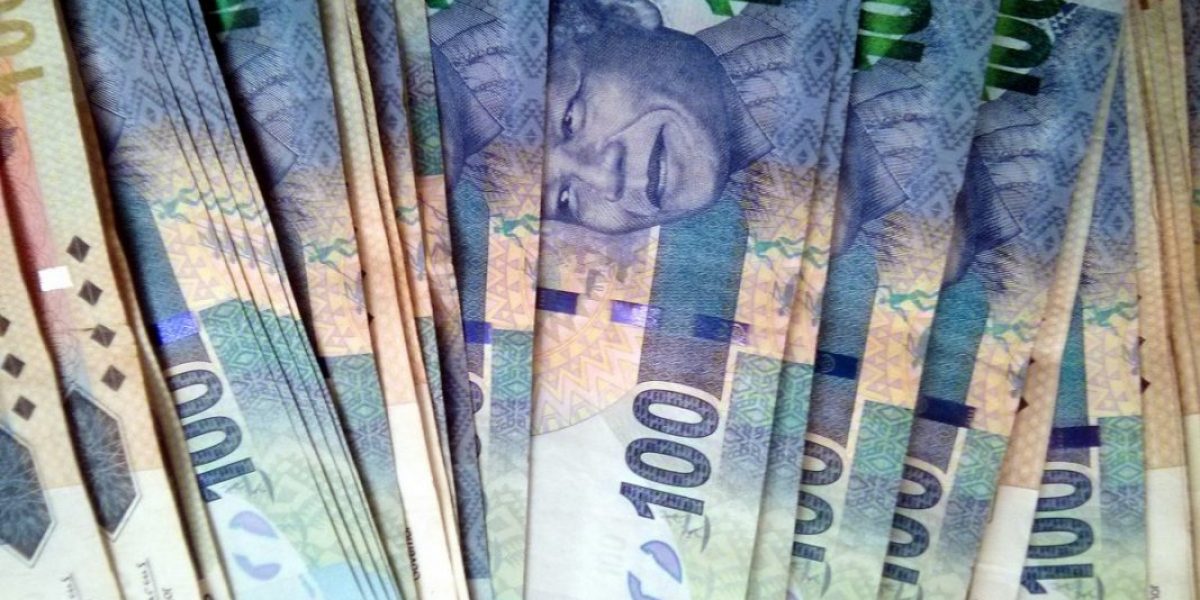The latter has the potential, over time, to change conventional wisdom regarding macroeconomic and trade policies, notably via amelioration of the prescriptive “one-size-fits-all” dimension of the so-called “Washington consensus”. South Africa’s ongoing political realignment and associated debates over whether ANC economic policies are “turning left” are therefore finding fertile terrain. Accordingly SAIIA’s Development through Trade programme recently released a report on South Africa’s current account deficit and associated trade policies, and asked whether proposed cures are worse than the disease? The pick of press coverage on the report was Engineering News incisive feature editorial.
Subsequently key findings from the report were integrated into an exchange with a COSATU economist and member of COSATU’s panel of “progressive” economists, as part of an ongoing feature in the Mail and Guardian newspaper entitled “the Great Economic Debate“. The full sequence of articles in chronological order appears below:
1. COSATU’s articles diagnosing their problems with South Africa’s current economic growth path and proposed remedies:
2. Our response:
3. The Mail and Guardian Editor’s contribution:
4. COSATU economist Seeraj Mohammed’s reply to our article:
We will continue to update this page as relevant analysis becomes available.
Our letter of reply to Seeraj Mohammed was published on October 31st in the print edition but is not available online.
The Editor
Mail and Guardian Newspaper
Published October 31st, 2008
Seeraj Mohammed’s response to our critique of COSATU’s economic proposals misses the point. We don’t believe that international capital flows should be equated to trade flows, and never advocated abolition of exchange controls. His opening paragraph reveals his intention – to cynically “box” us as libertarian ideologues that can subsequently be dismissed as fringe lunatics.
As the Indonesian case in the Asian financial crisis decisively demonstrated the keys to managing capital inflows are: effective domestic banking regulation; an independent central bank with the mandate to take the tough decisions to restore confidence in the banking sector; and flexible exchange rates in order to enable adjustment to take place. Exchange controls in crisis conditions may have a role, as the Malaysian case demonstrated, but the prerequisites are essential to ensuring financial stress does not become a crisis in the first place.
In SA those preconditions are in place, thanks to prudent macroeconomic management. We also have a strong, stable financial sector, despite exchange controls. Hence we have been able to ride out the storm – thus far.
Furthermore, he obfuscates our point about the sustainability of the SA current account deficit. Of course all bets are off when the worst financial crisis since the 1930s strikes. But assuming western banks are reasonably quickly recapitalized and a “normal” lending pattern resumes, then the status quo ante in SA is also very likely to resume (ie high current account deficits). SA stands to benefit from accessing international capital markets owing to low domestic savings, and in the absence of anomalous global conditions could sustain high domestic growth rates financed by foreign capital inflows for decades. The fact that we are relatively unscathed so far clinches the point. Yet COSATU wants to dismantle this!
Mohammed’s reply contains some strange statements that need substantiation. He asserts that “The relatively high economic growth between 2003 and 2007 is not sustainable and has been harmful for the future health of the economy”. How so?
Second, “Today all states provide huge levels of support to their businesses to promote competitiveness and exports”. What examples can he proffer, particularly those that demonstrate clear evidence of success as opposed to successful lobbying?
This lack of substantiation is prevalent in the COSATU panel’s prescriptions. Rather than make sweeping assertions and attempt to ideologically “box” detractors, they should put forward their evidence so that a reasonable debate on the issues can take place.






